Electric vehicles (EVs) are becoming more common on our roads, with promises of cleaner energy and lower emissions. But not everyone is rushing to make the switch. From cost concerns to doubts about infrastructure, many Americans remain skeptical about EVs. So, let’s take a look at some of the most common reasons why many people are holding on to their gas-powered cars for now.
High Upfront Costs

EVs often carry a hefty price tag. Even with tax credits and incentives, the initial cost can feel overwhelming compared to traditional gas-powered vehicles. Many families can’t justify this upfront expense especially when gas cars are cheaper and more accessible. The high price of EVs makes them feel like a luxury, not a necessity, for everyday Americans.
Range Anxiety

One of the biggest fears about EVs is their limited range. Unlike gas cars that can go hundreds of miles on a full tank, EVs often require careful planning to avoid running out of power. This can be stressful on long trips or in areas with sparse charging options. The fear of getting stranded keeps many Americans sticking to what they know.
Limited Charging Infrastructure

Charging stations are becoming more common but they’re still not everywhere – especially in rural and suburban areas. For people who don’t live near a reliable network of chargers, owning an EV can feel impractical. This lack of convenience is a major hurdle for drivers used to the widespread availability of gas stations.
Excess Charging Time
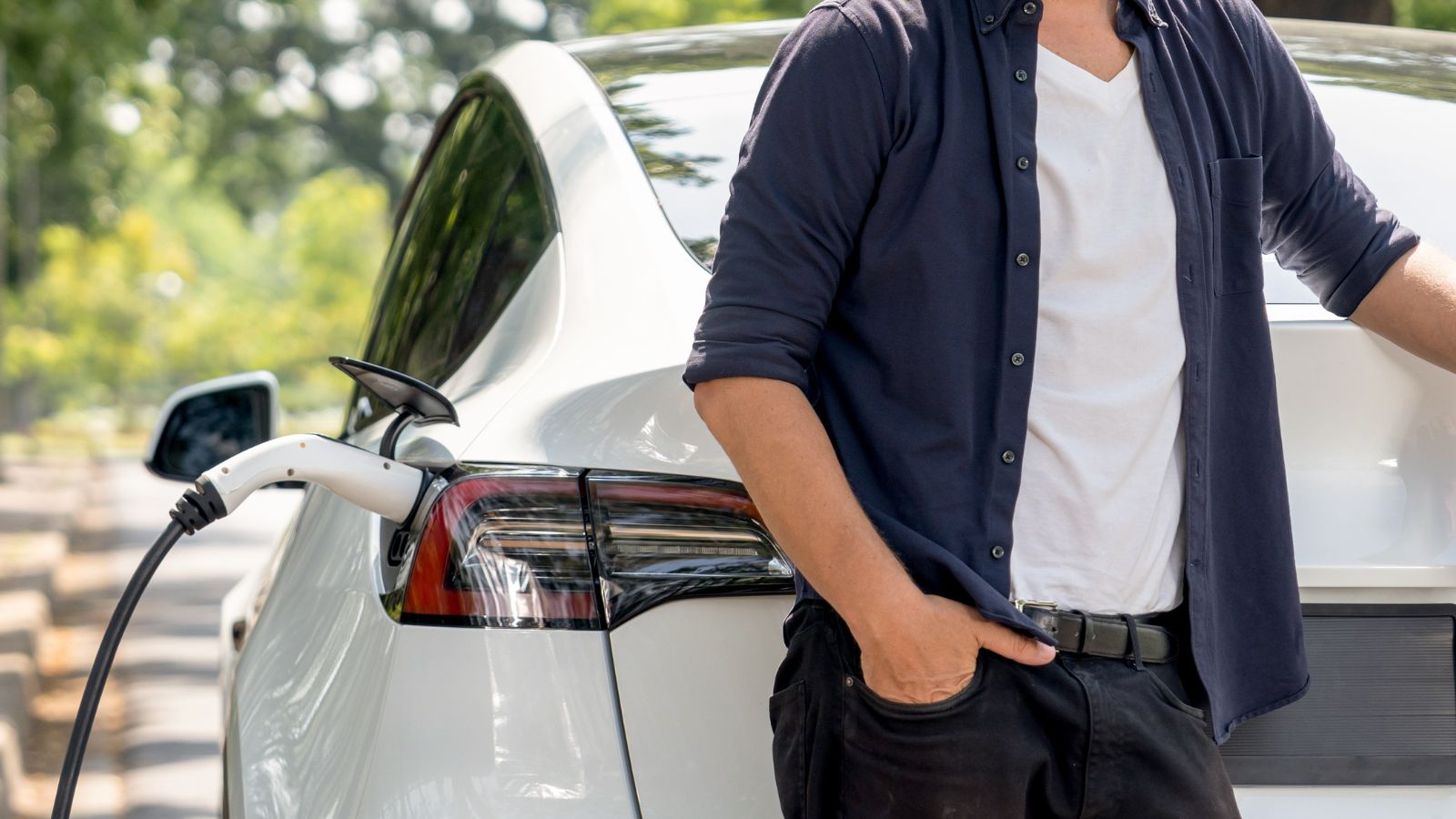
It takes just a few minutes to fill a gas tank, but charging an EV takes significantly longer, even with a fast charger. For people with busy lives or tight schedules, the time required to recharge an EV can feel like a major inconvenience. Waiting for a car to charge, especially during road trips, just doesn’t fit into their fast-paced lifestyles.
Costly Battery Replacement

Costly battery replacement can make people think twice about buying an EV. Batteries are designed to last years, but when they do fail replacements typically cost several thousand dollars. Stories of high repair bills, leave some potential buyers feeling that EVs might be a financial gamble they’re not willing to take.
Cold Weather Woes
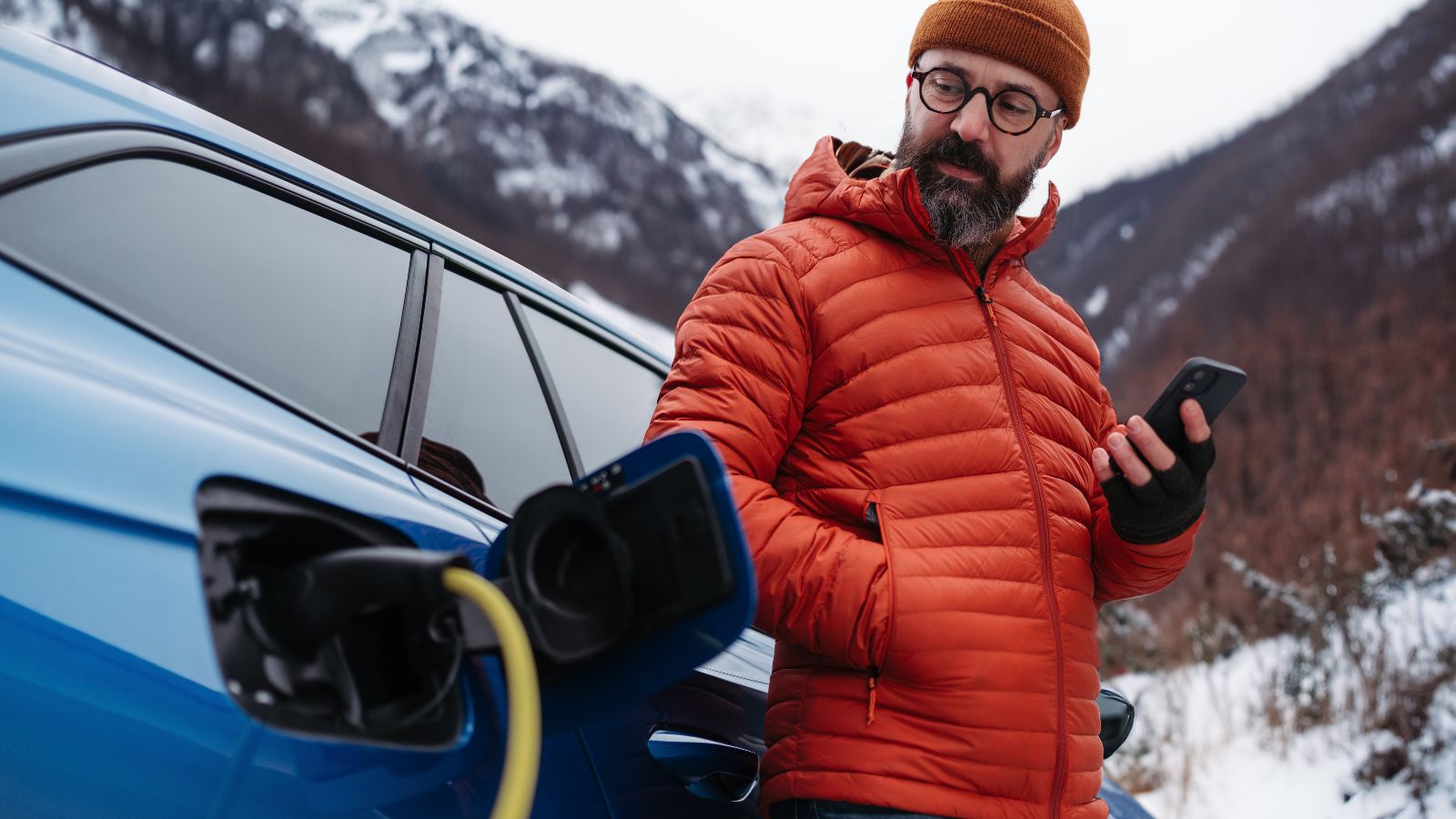
Freezing winters are tough on EV batteries, reducing their range and slowing down charging times. In states with harsh weather, this can be a serious drawback. Whether it’s a daily commute or a long drive in snowy conditions, the thought of an EV underperforming in cold weather makes it a less appealing choice.
Towing and Hauling Limitations
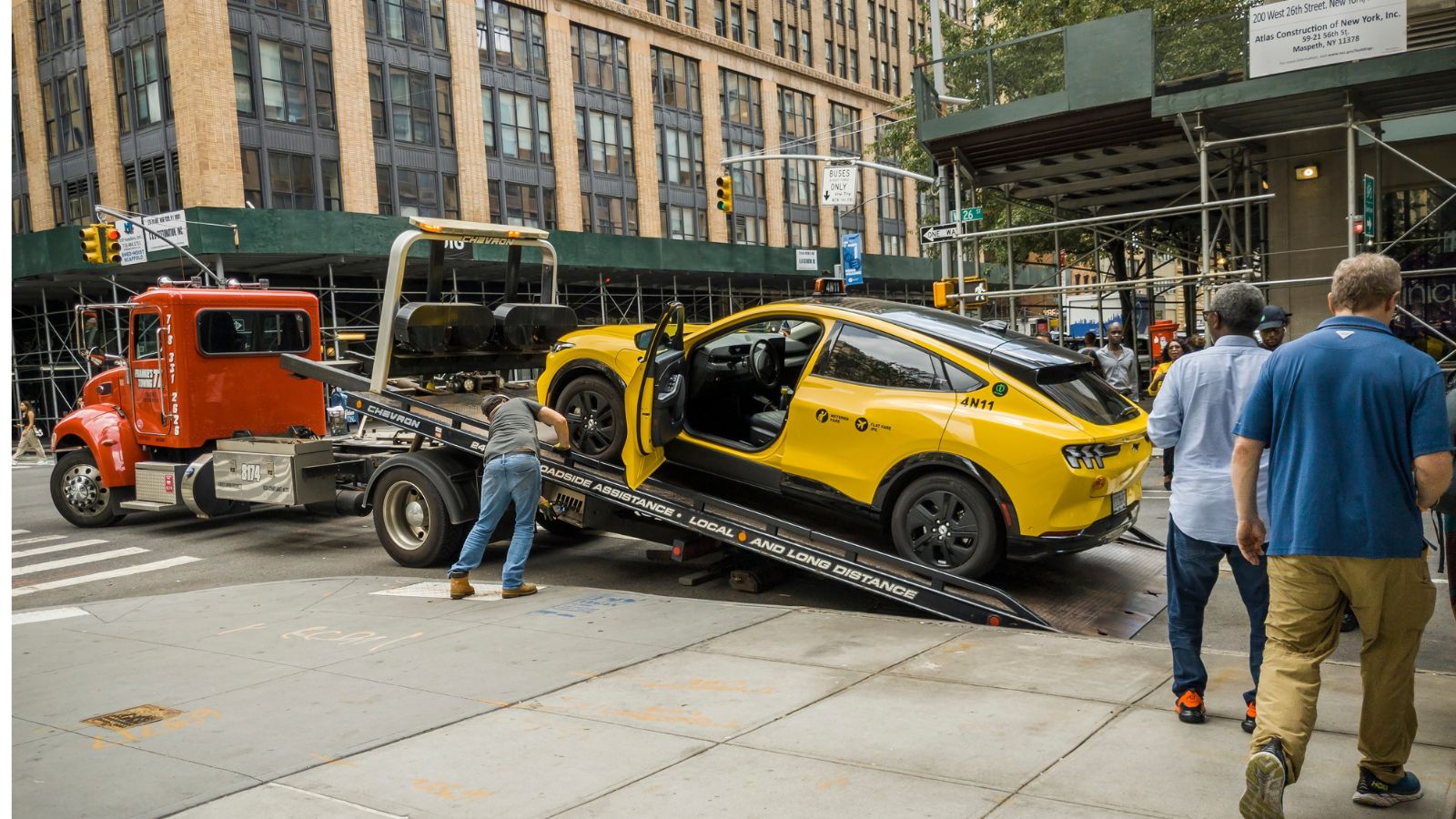
For truck owners or anyone who tows trailers, boats, or campers, EVs often fall short. Towing significantly drains an EV’s battery, reducing its range and making long hauls more challenging. If you rely on your vehicle for heavy-duty tasks, EVs just don’t seem to measure up to traditional gas-powered trucks.
Lack of Variety
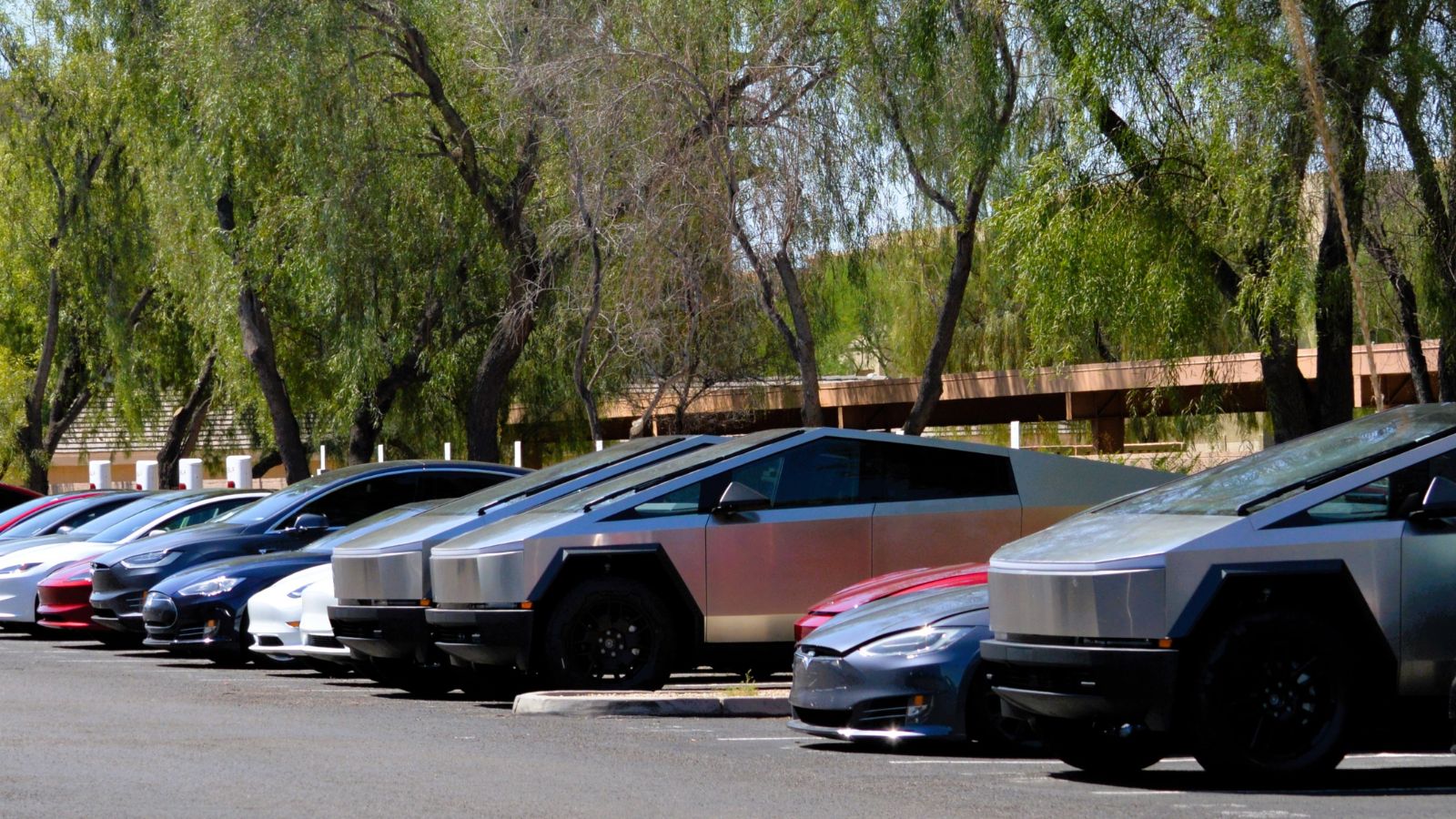
Even with new EV models hitting the market, many Americans feel there aren’t enough options to fit their needs. People looking for specific types of vehicles, like large SUVs, rugged trucks, or sporty convertibles, might not find an EV to fit the bill. Until there’s a broader selection, many will stick with what’s familiar and available.
Technology Mistrust
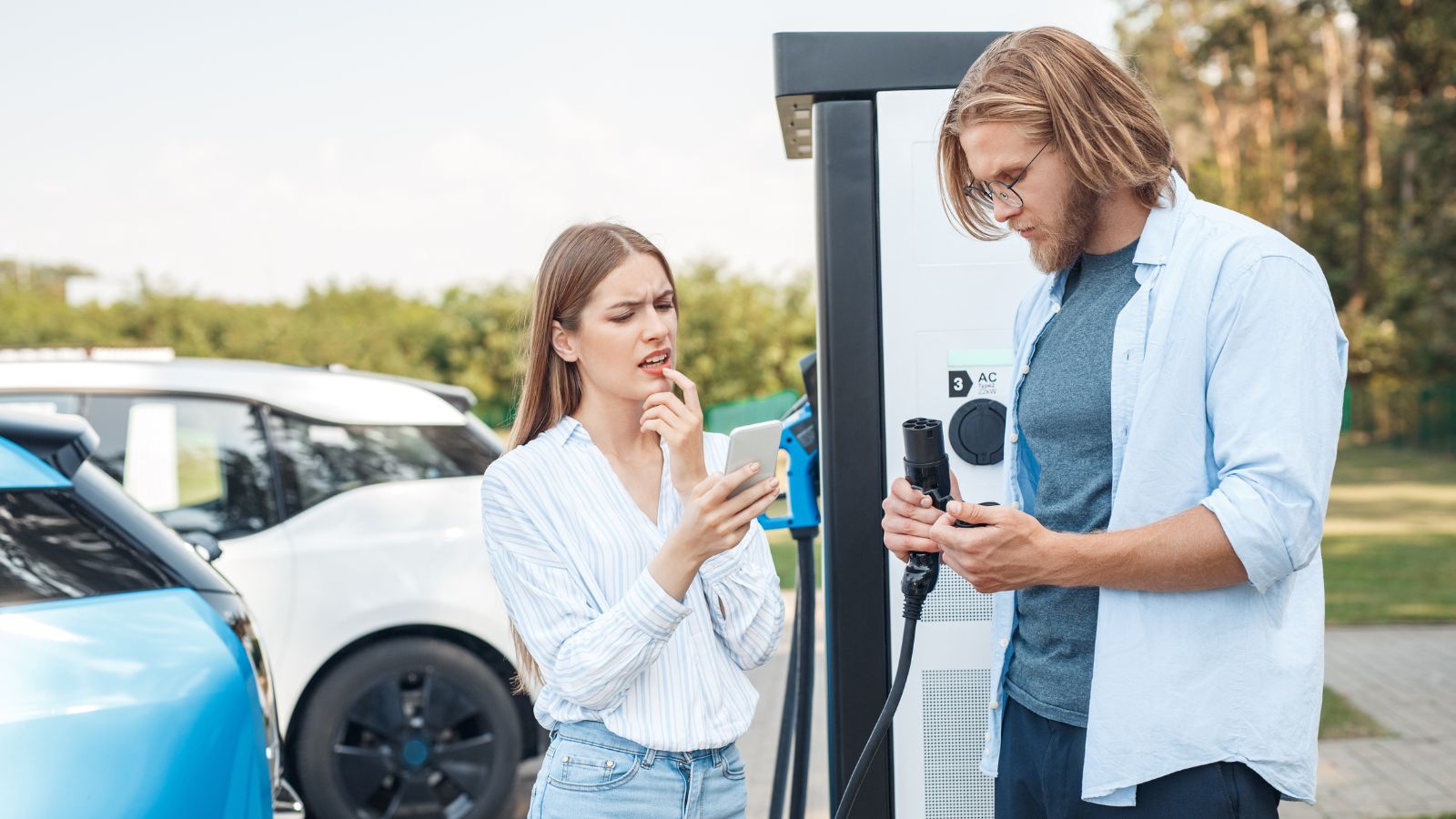
New technology often comes with a learning curve, and EVs are no exception. Some Americans are hesitant to trust a vehicle that feels unproven compared to the reliability of gas cars. Questions about long-term durability, unknown risks, and potential flaws make some people prefer to wait and see how EV technology develops.
Emotional Attachment to Gas Engines

For many, cars aren’t just transportation—they’re a source of pride, joy, and memories. Whether it’s the classic rumble of a V8 engine, nostalgia for their first car, or simply a love for traditional vehicles, switching to an EV feels like leaving behind a part of their identity. This emotional connection is hard to shake.
Home Charging Dilemma
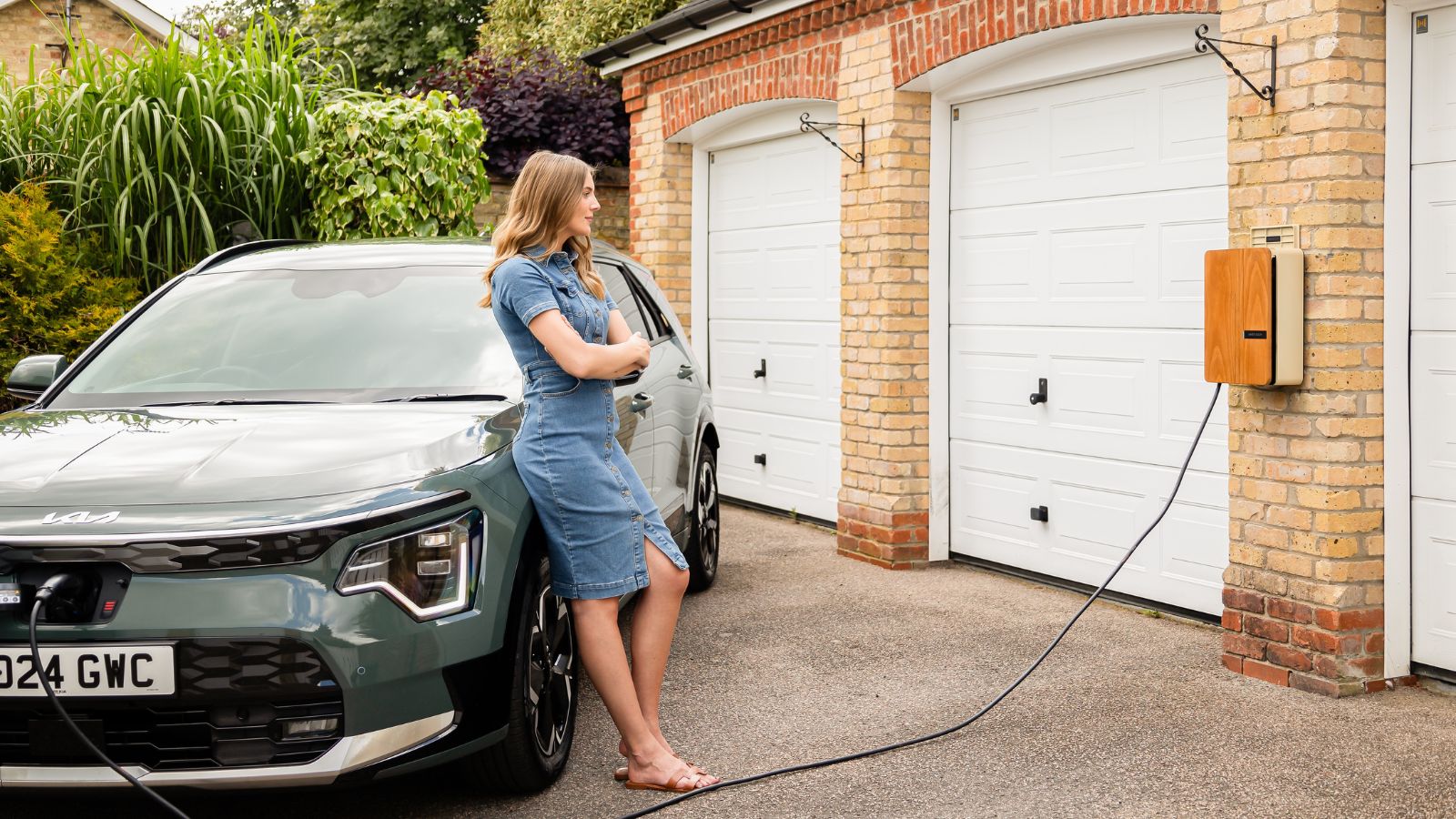
Charging an EV at home sounds great, but only if you have a place to do it. For renters, apartment dwellers, or folk without garages, setting up a home charging station isn’t always an option. Without the ability to conveniently charge at home, owning an EV can feel more like a hassle than a benefit.
Environmental Skepticism

Although EVs are marketed as eco-friendly, some Americans question their overall environmental impact. Concerns about the mining of rare earth materials for batteries, energy-intensive manufacturing processes, and the carbon footprint of electricity production lead people to wonder if EVs are truly as green as advertised.
Lack of Mechanic Expertise
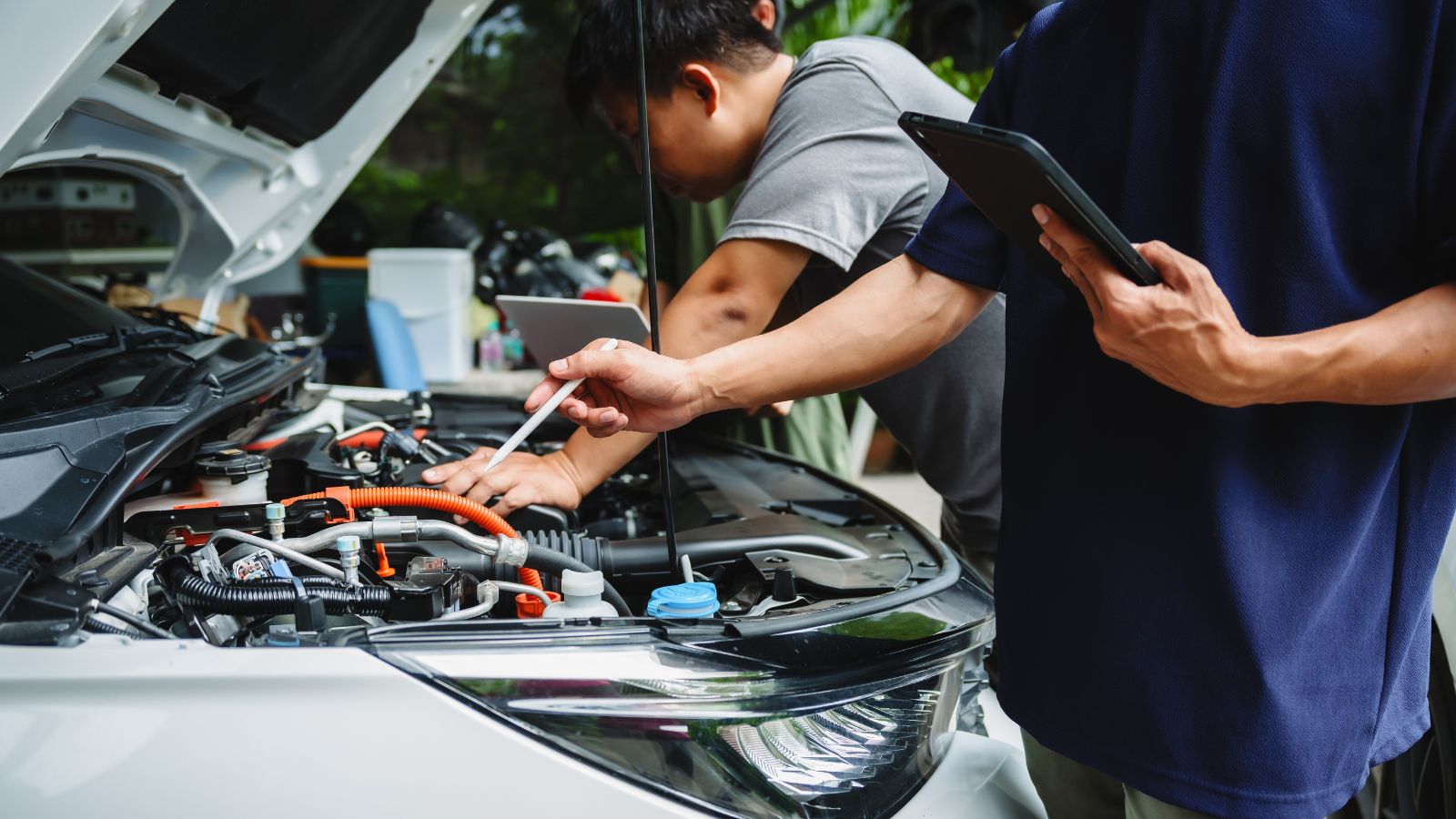
Many owners love doing their own vehicle maintenance, but fixing an EV isn’t the same as repairing a gas car. For drivers who trust their local mechanic or prefer DIY repairs, the specialized care EVs require is a big drawback. The thought of being tied to dealerships or limited service centers turns many away.
Depreciation Fears

Technology is evolving rapidly, making some worry about EVs losing value faster than gas cars. Buying a vehicle is a big investment, and the idea of an EV becoming outdated or dropping significantly in resale value makes it feel like a risky purchase. Many Americans are hesitant to take that financial leap.
Road Trip Limitations

Long road trips are an American tradition, but EVs can make them complicated. Planning routes around charging stations and spending extra time recharging takes away the spontaneity of hitting the open road. EVs just don’t offer the same level of freedom.
Electricity Costs

Some Americans worry that switching to an EV might not save them money in the long run because of rising electricity rates. While EVs don’t require gas, charging them will increase your household’s utility bill. This uncertainty keeps some potential buyers sticking with gas-powered cars.
